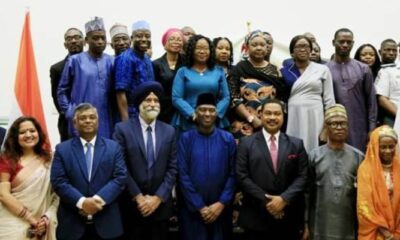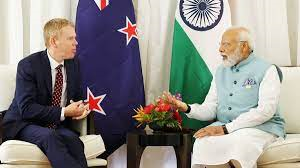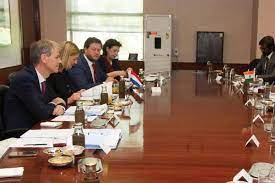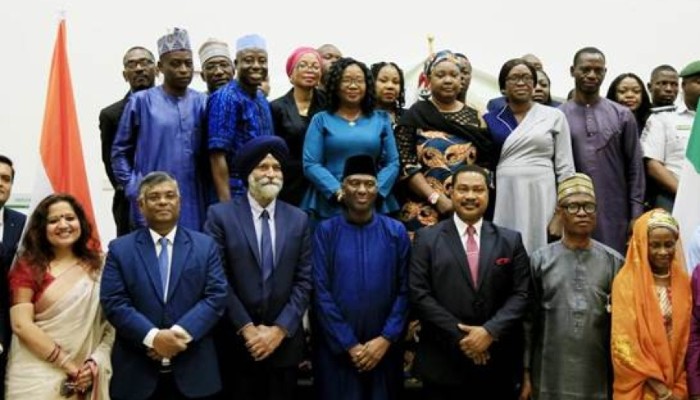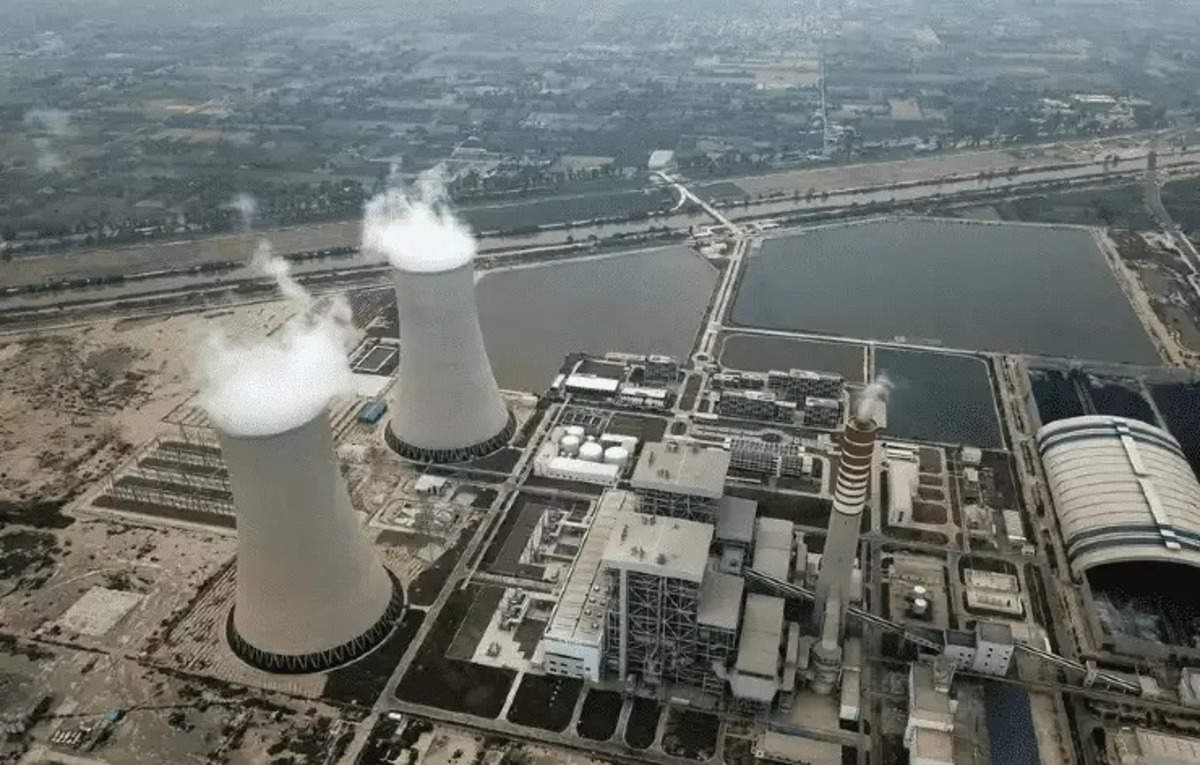International Relations
India champions fight against conflict related sexual violence at UNSC
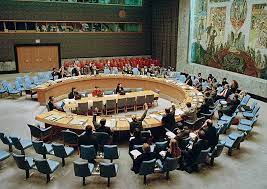
The Daily Guardian is now on Telegram. Click here to join our channel (@thedailyguardian) and stay updated with the latest headlines.
For the latest news Download The Daily Guardian App.
International Relations
India, Nigeria look to early deal on local currency settlement system
Trade
India, New Zealand take up market access, NTB issues, bat for deeper ties
International Relations
India, Netherlands Bolster Bilateral ties through Foreign Office consultations
International Relations
Indian oil resumes purchasing Russian crude on sovcomflot ships
International Relations
Pakistan aims to settle PKR 550 billion debts owed to Chinese power producers ahead of PM Sharif’s trip to Beijing
Business
India & Australia join forces, boosting women leaders in industry
-

 Opinion2 years ago
Opinion2 years agoPakistan-China nexus trying to sow doubts in Indian society about governance systems
-

 Fashion7 years ago
Fashion7 years agoThese ’90s fashion trends are making a comeback in 2017
-

 Entertainment7 years ago
Entertainment7 years agoThe old and New Edition cast comes together to perform
-

 Entertainment7 years ago
Entertainment7 years agoThe final 6 ‘Game of Thrones’ episodes might feel like a full season
-

 Opinion2 years ago
Opinion2 years agoEnvironment day with a missing spring and lost souls
-

 Business News2 years ago
Business News2 years agoIndia Becomes World’s 5th Biggest Economy
-

 Policy&Politics2 years ago
Policy&Politics2 years agoA successful SME must understand his 5 wives
-

 Business News2 years ago
Business News2 years ago‘75K STARTUPS DEFINE THE POWER OF INNOVATION’



